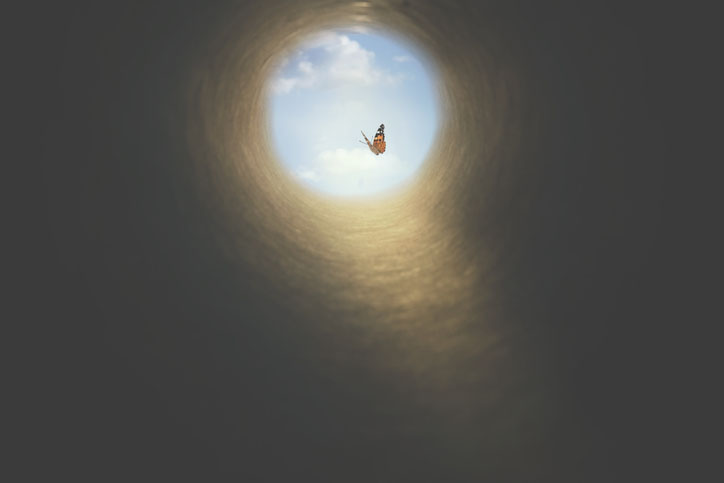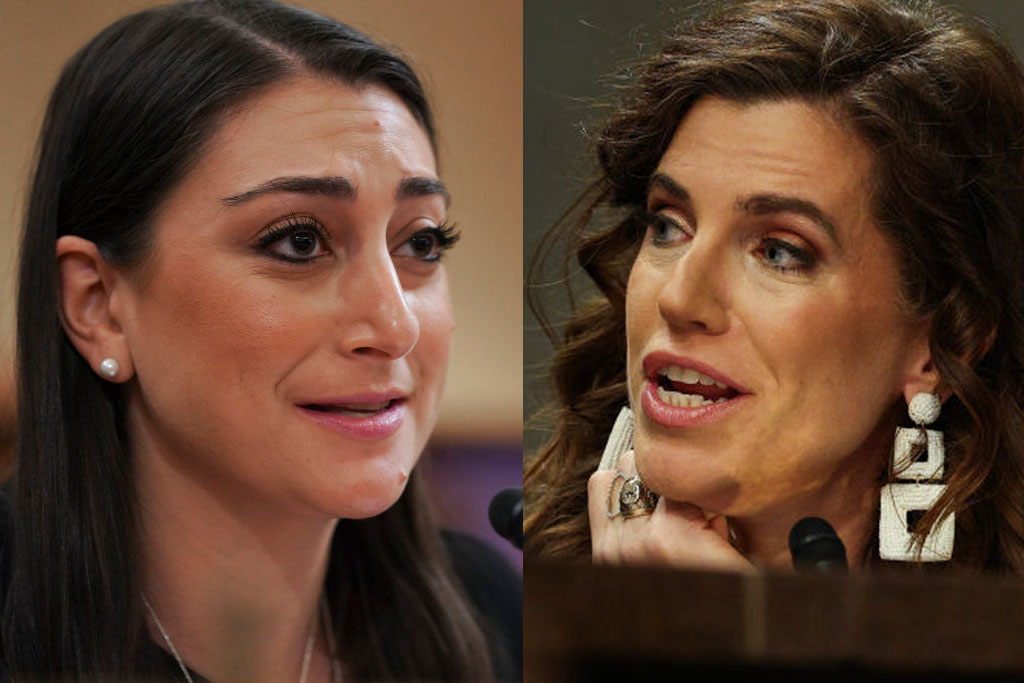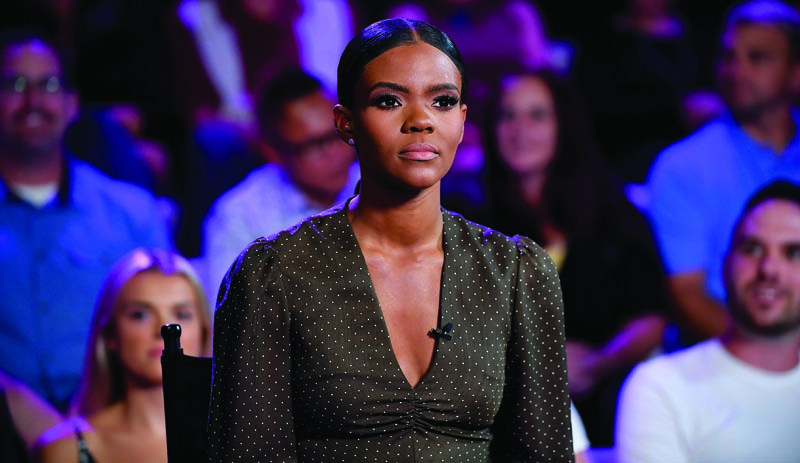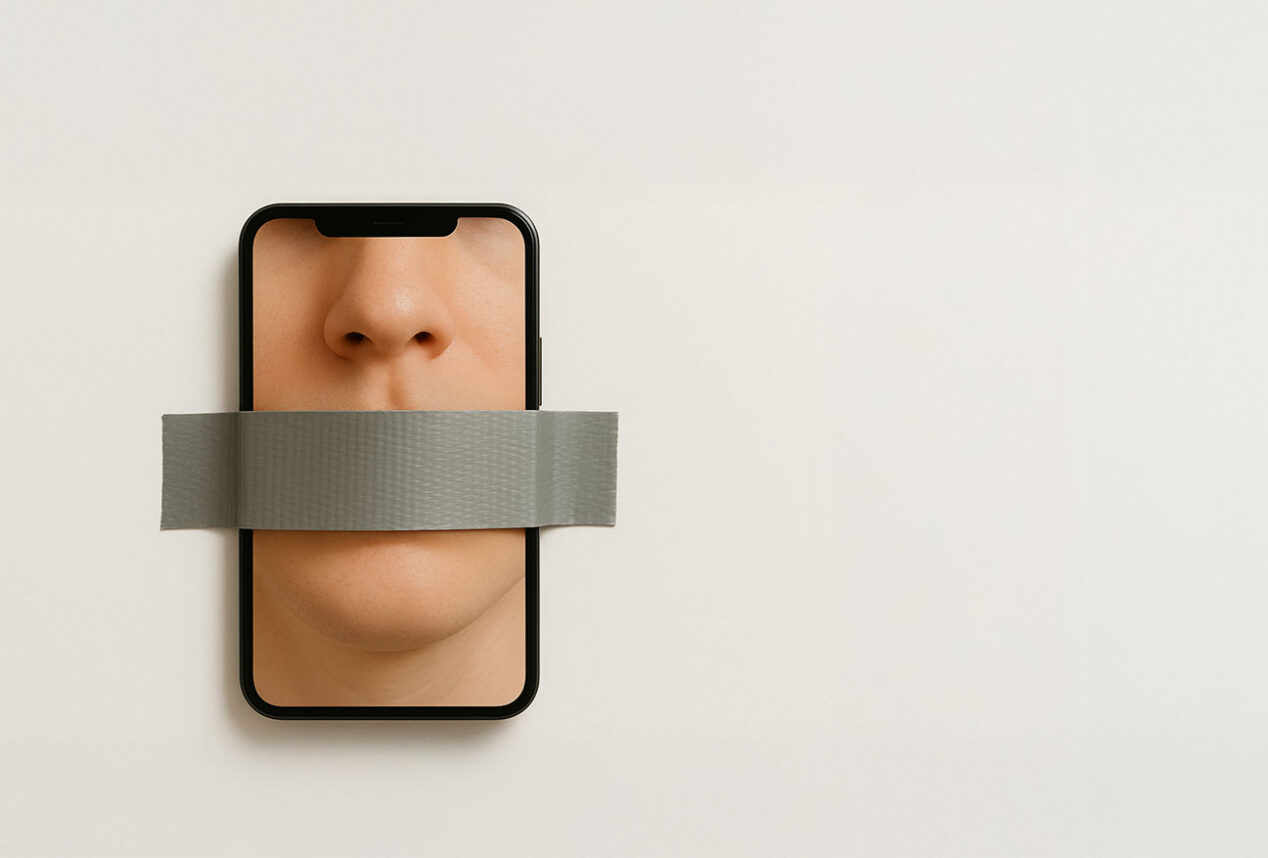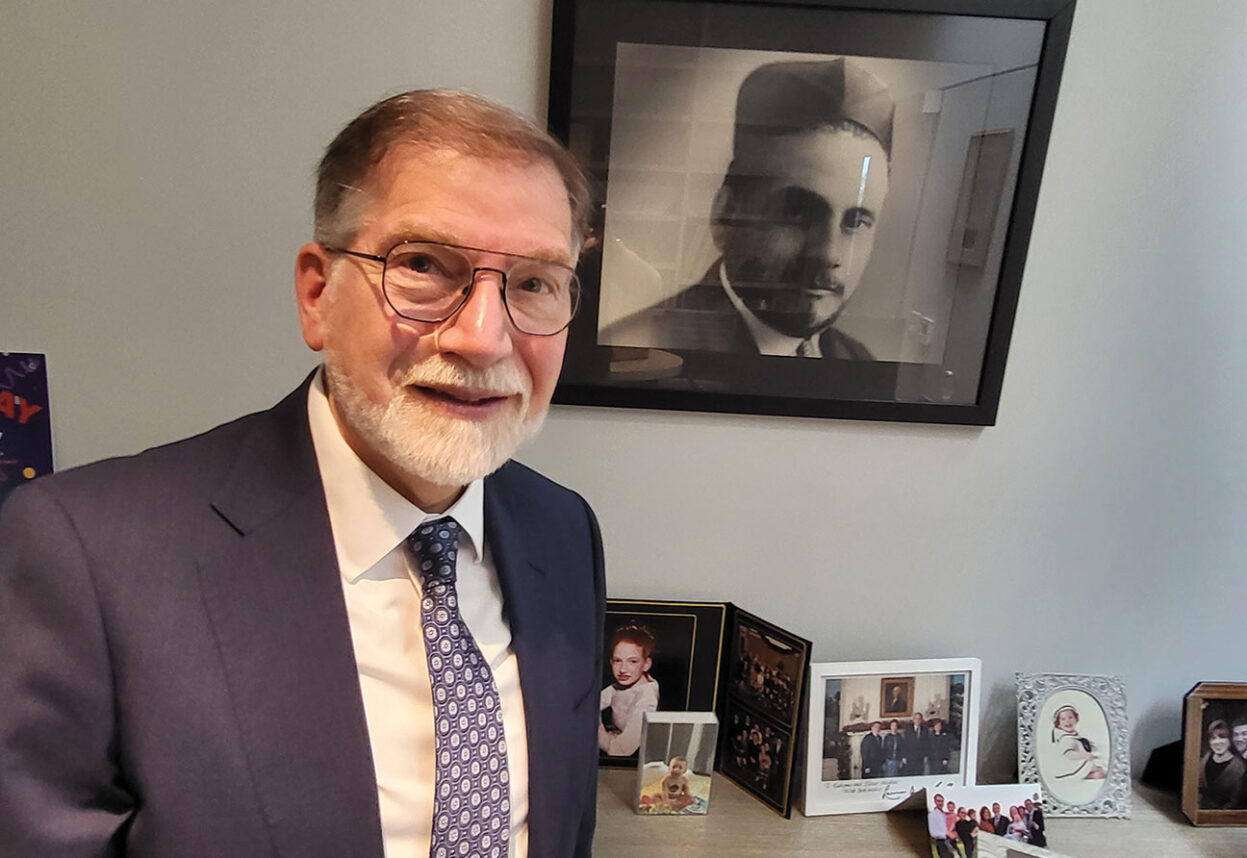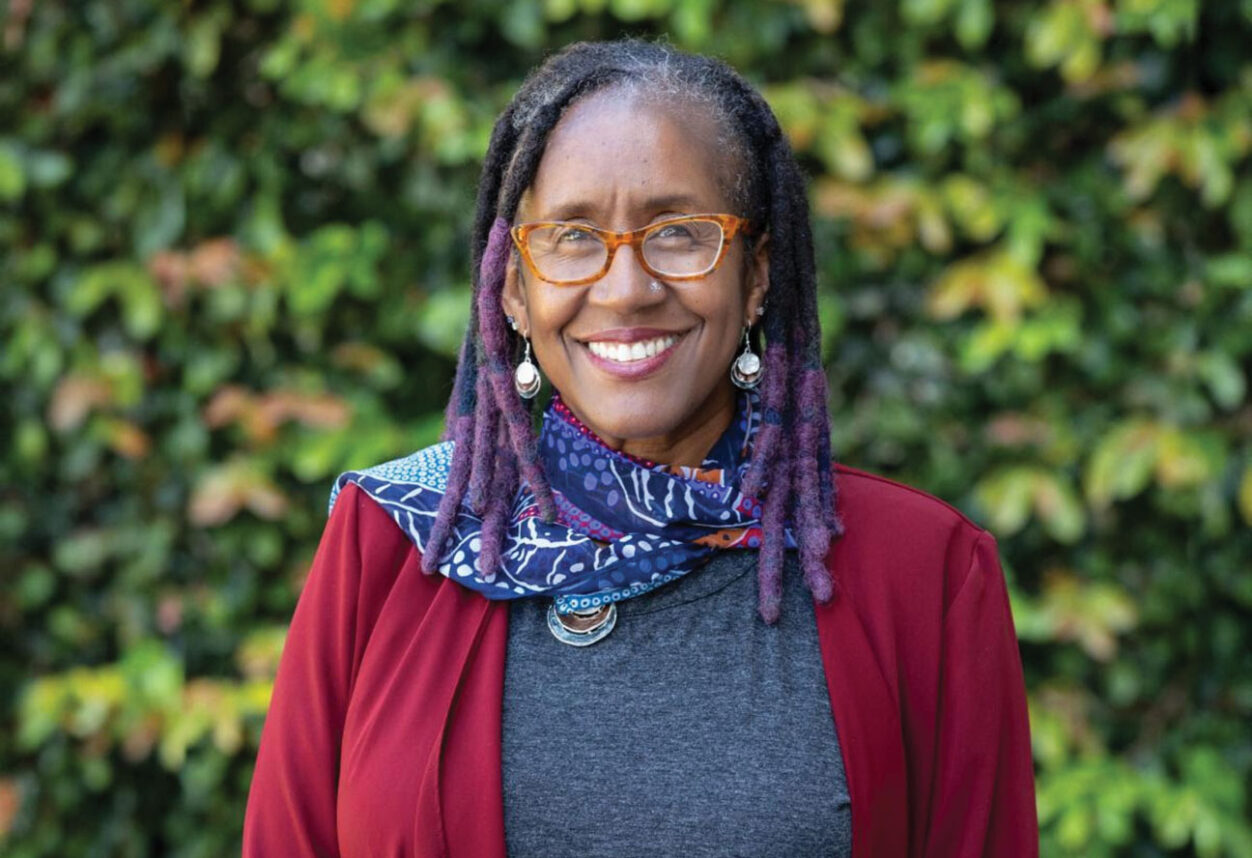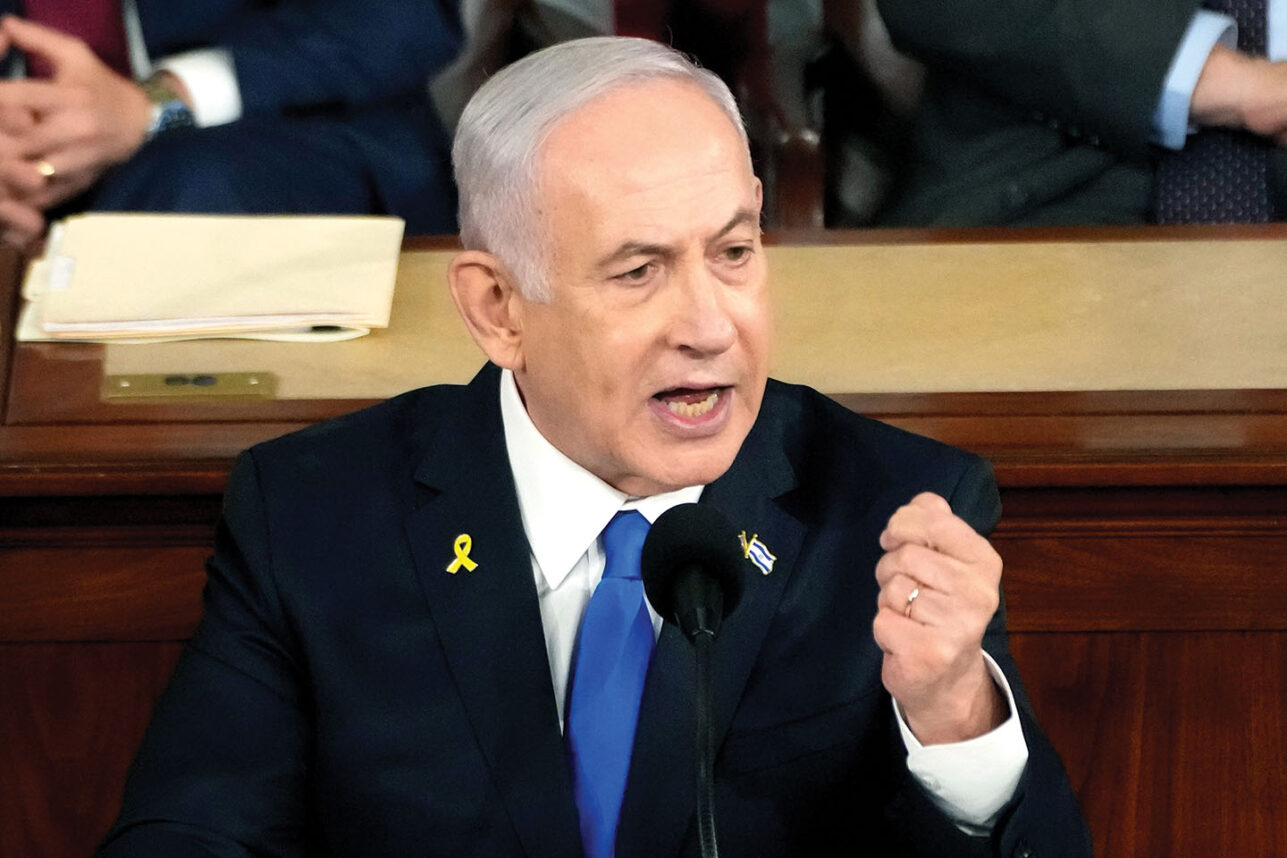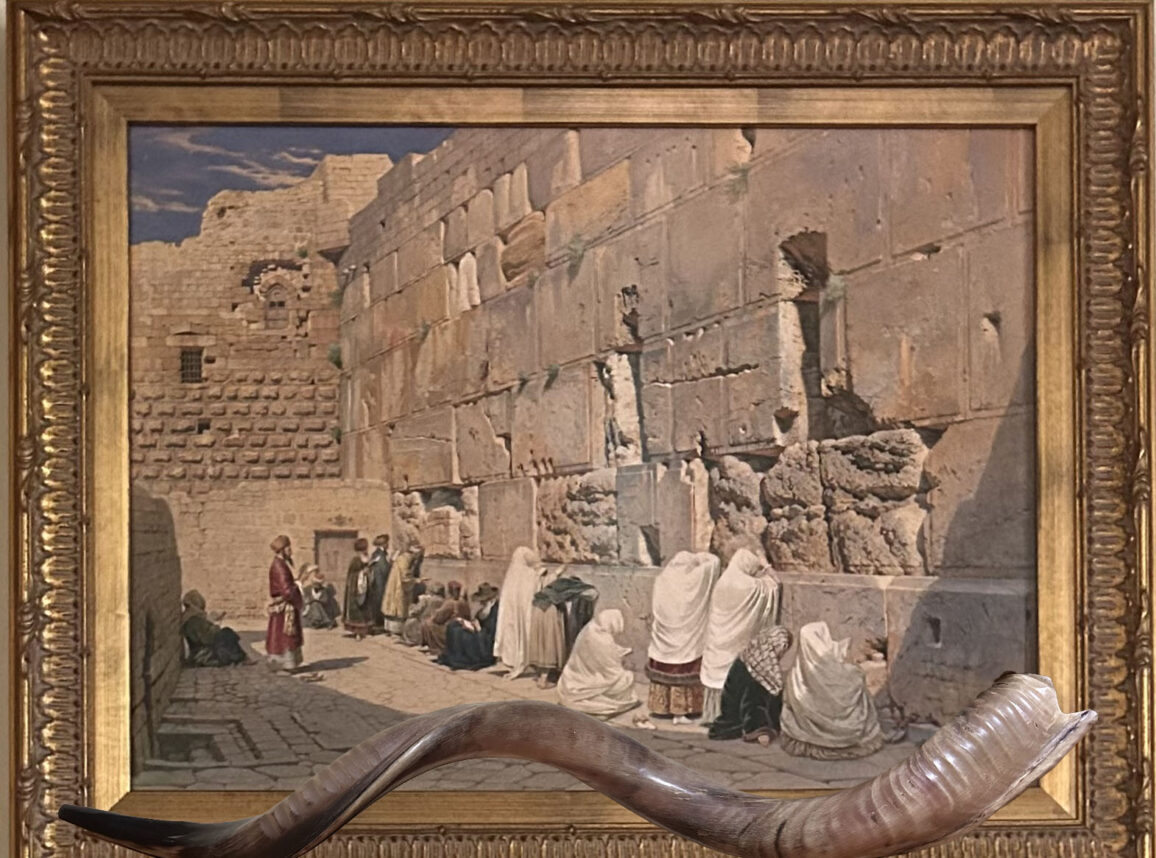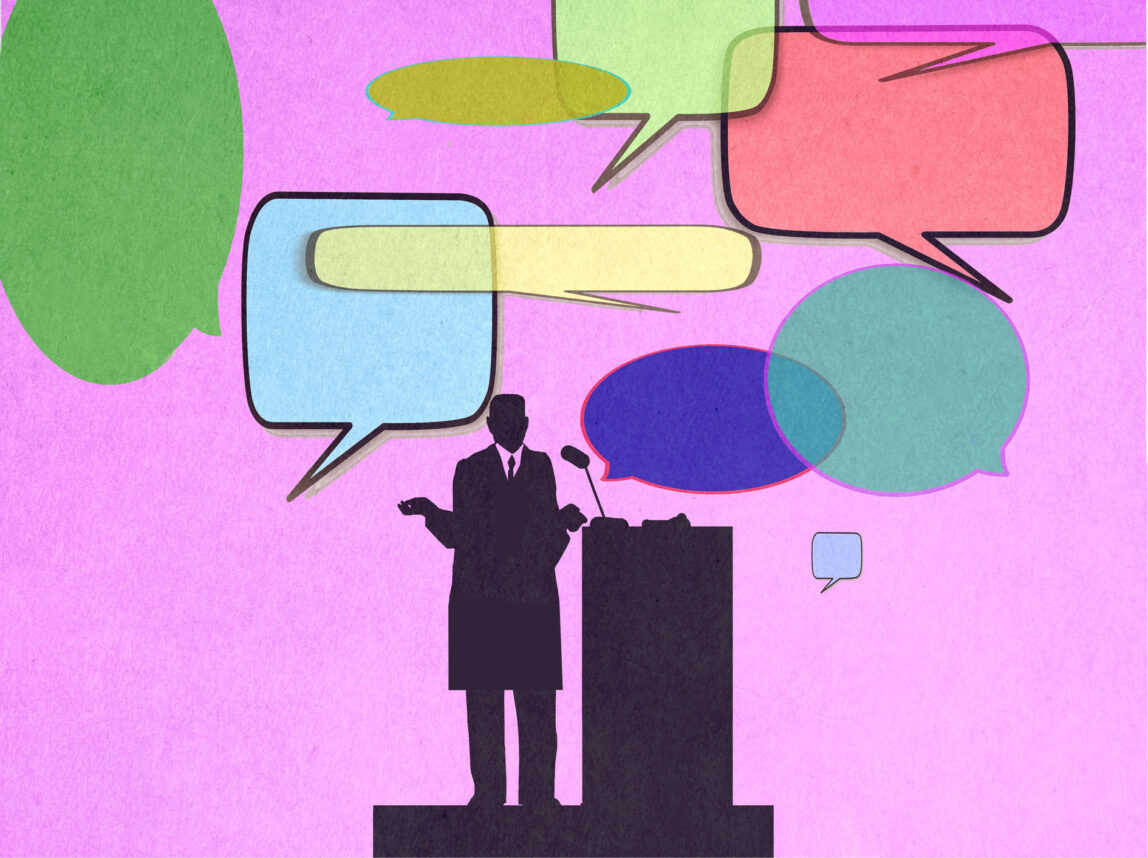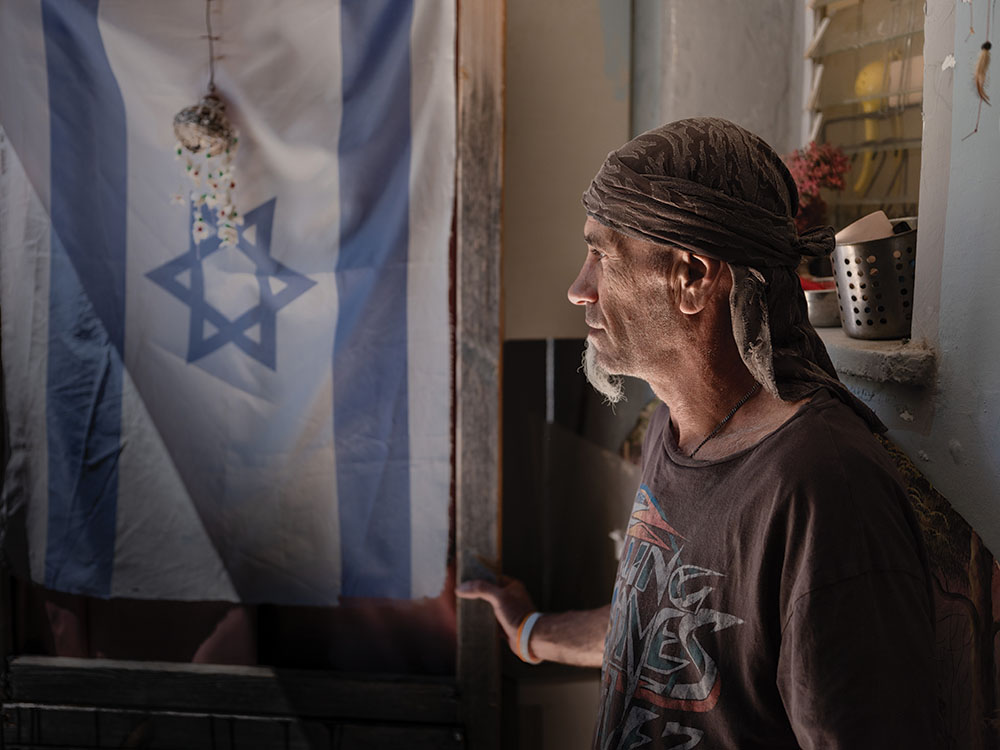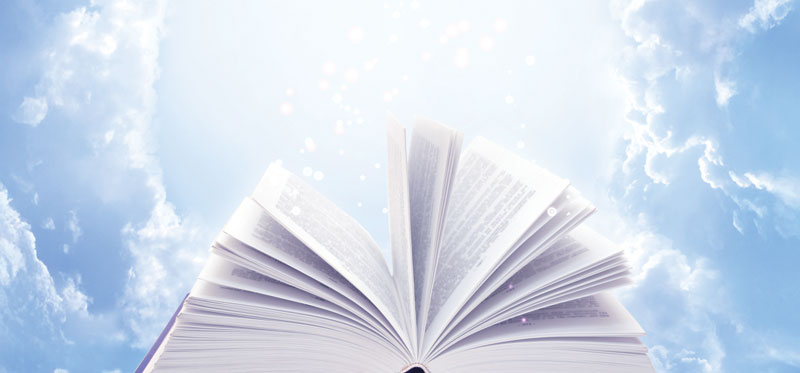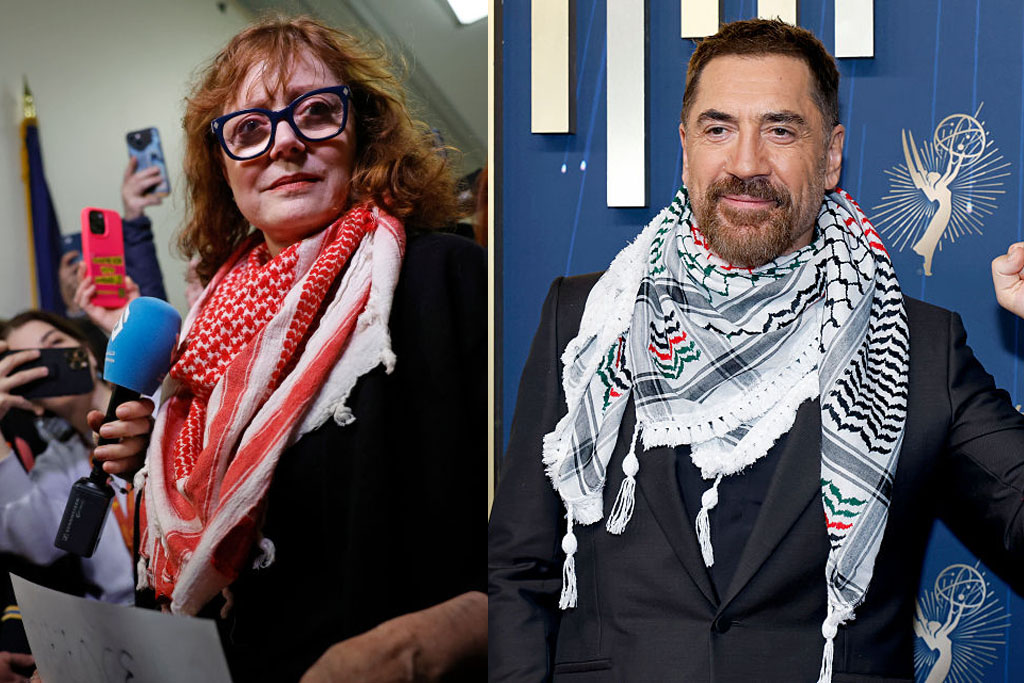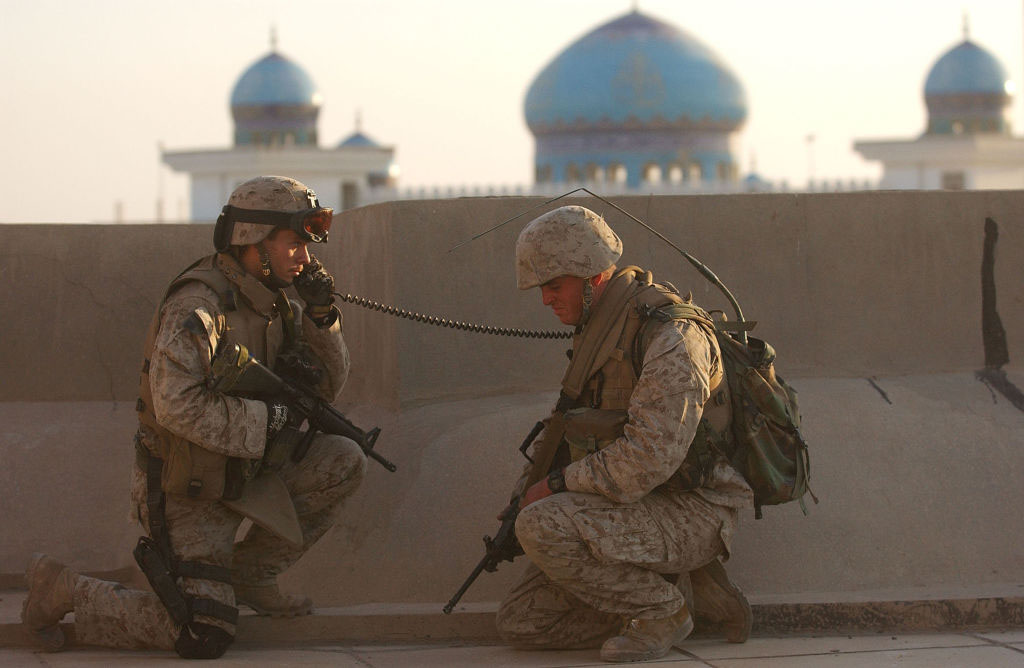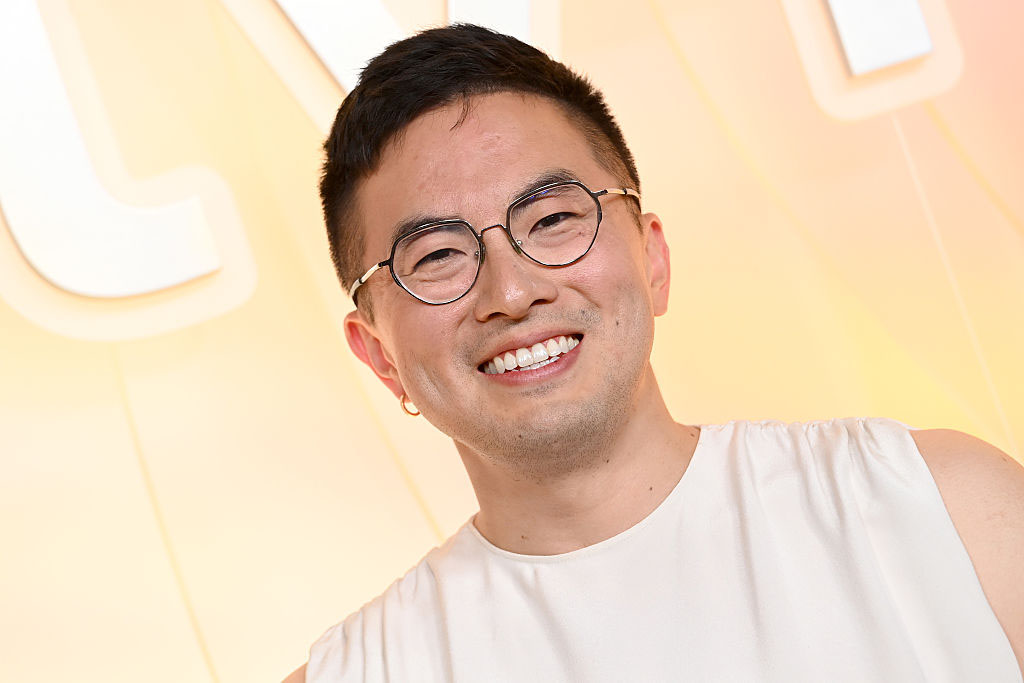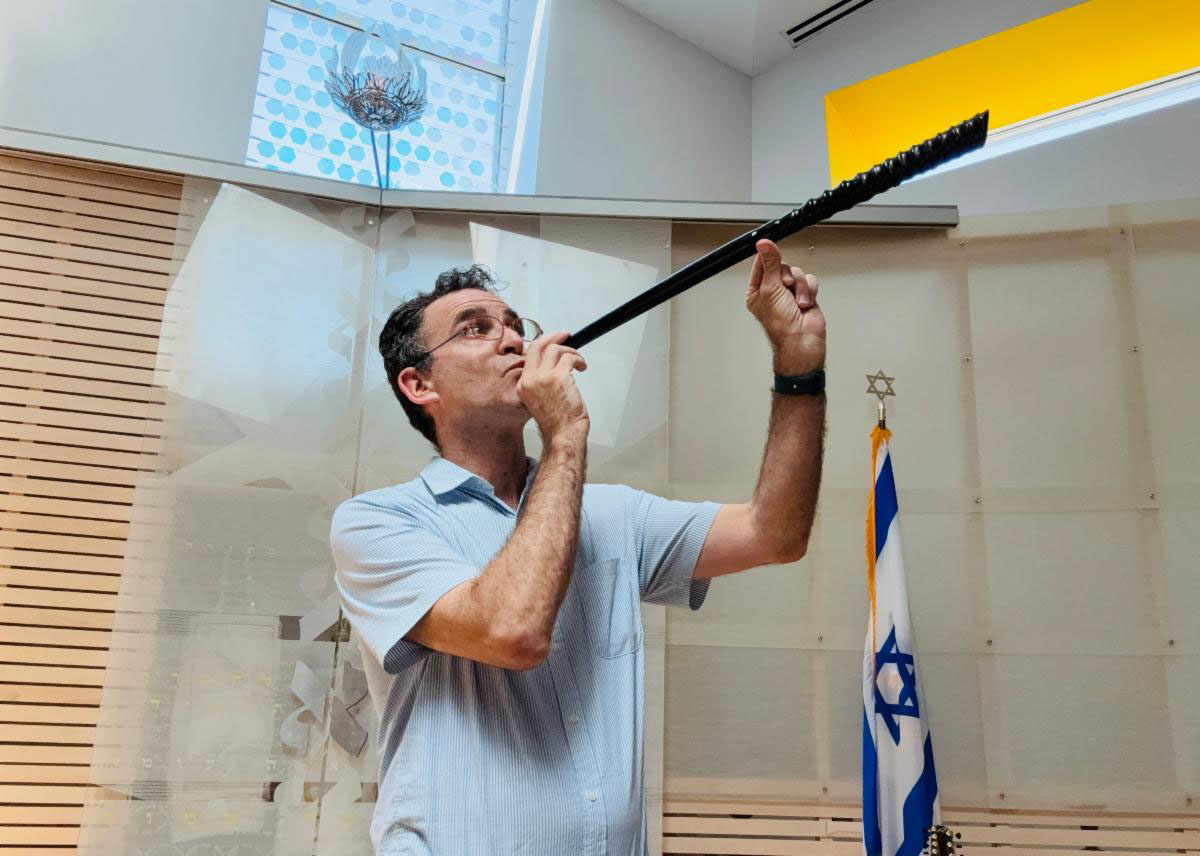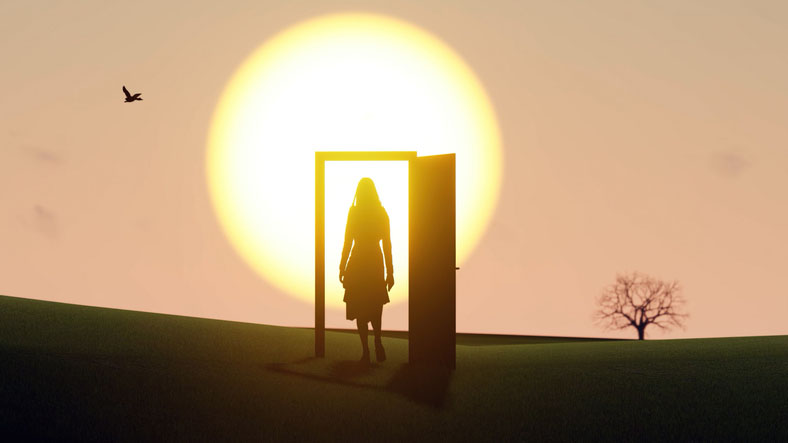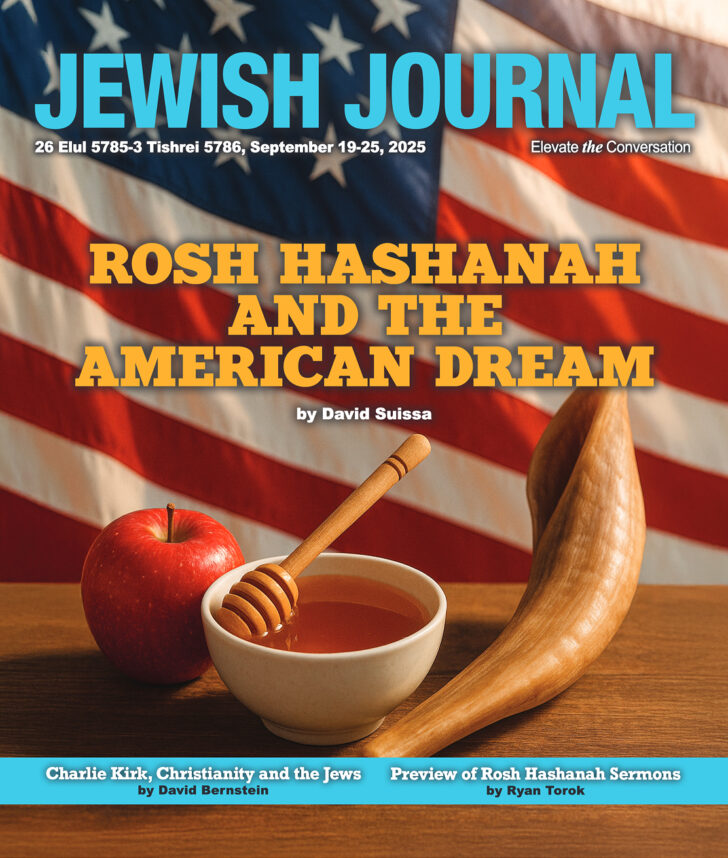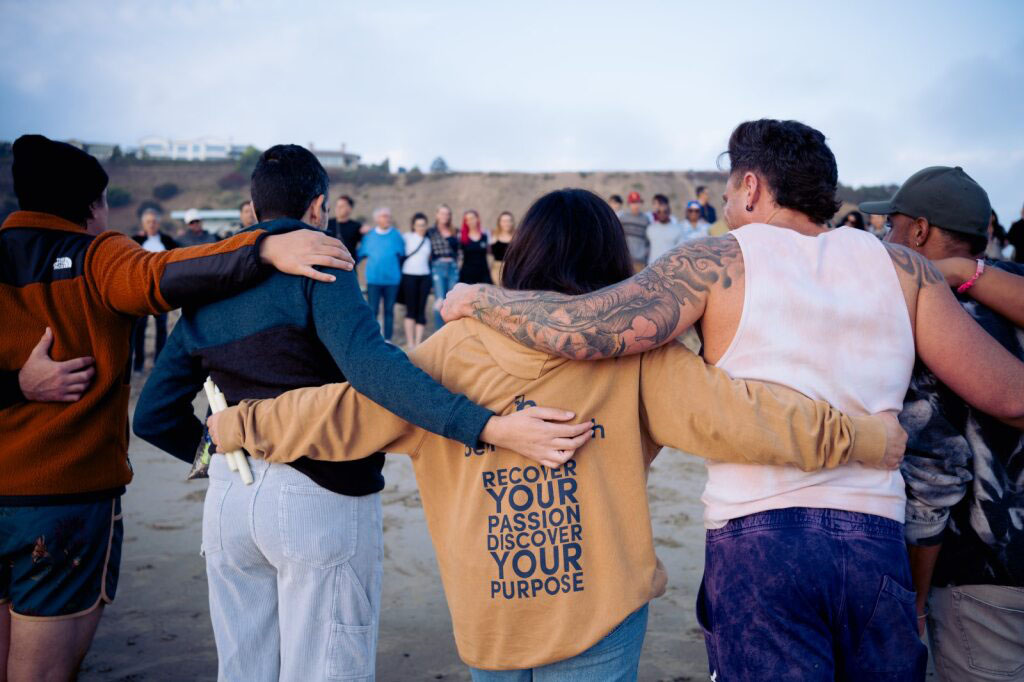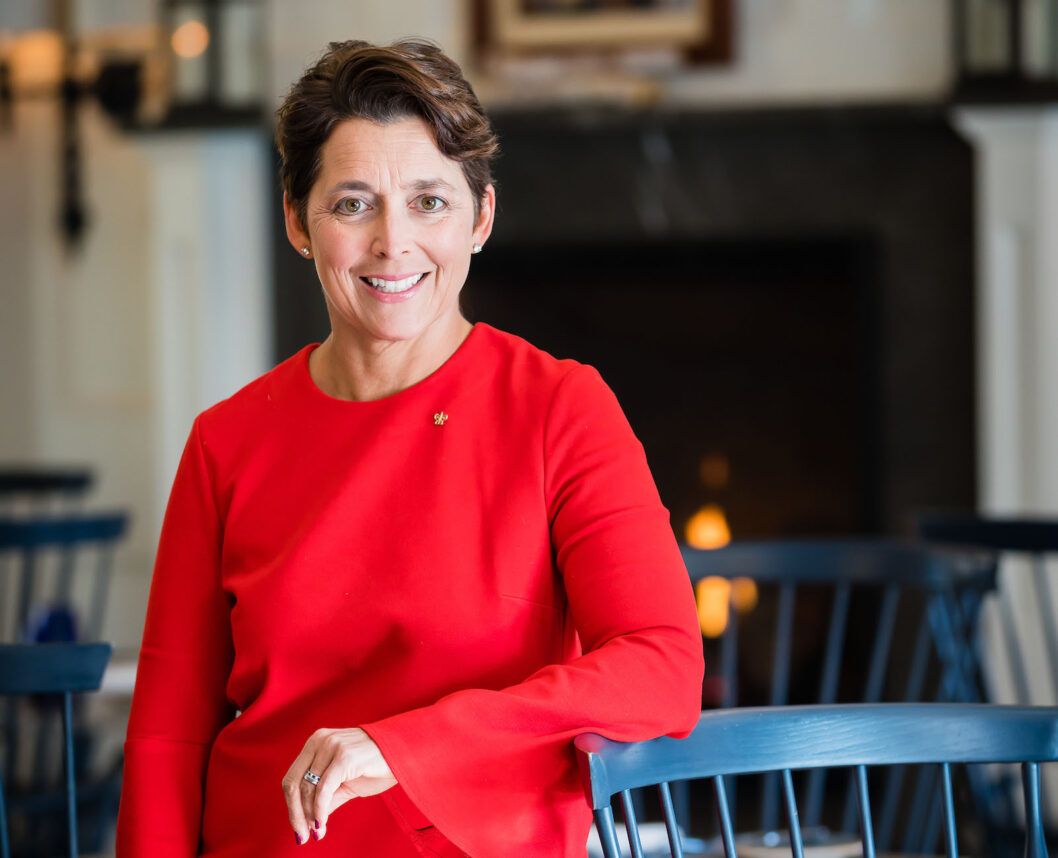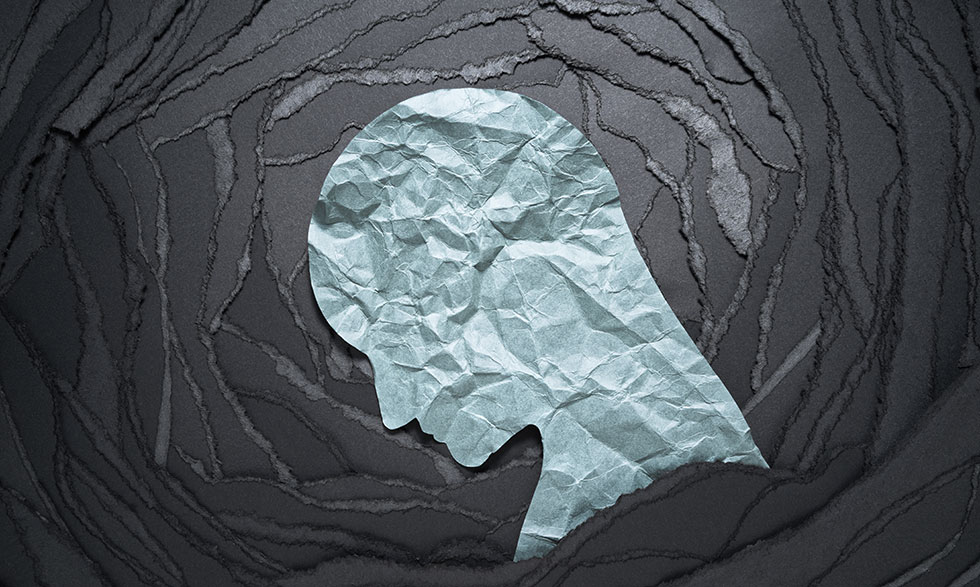
Whenever I tell someone where I work, they respond with the predictable, “You work at a cemetery?” or “What’s it like working at Mount Sinai?” or “How do you do it every day?”
In reality, few people know what it’s like to work at a cemetery serving the entire Jewish community of Southern California. In truth, it’s fairly simple. I’ll let you in on a little secret: Everybody who works here, whether they are in accounting or mortuary or landscaping or advance planning, is motivated by the same mission: to carry out our responsibility to honor the deceased and care for the living. Admittedly, both have been challenging for all of us these days.
A few days after California issued the “safer at home” order, Mount Sinai was faced with its first COVID-19 burial. Suddenly, the pandemic became very real. It was no longer about empty shelves at the supermarket, but about a member of our community who lost his life. The day of the funeral, I stood on the grass in the Hollywood Hills park watching the clergy guide four extended family members through the service while the immediate family could witness this intimate moment only at home through livestream. It was heartbreaking and marked Day One of the new normal.
This has become a familiar scene for mourners across the country. A single landscaper lowering the casket in the ground. Maybe a few, if any, family members shoveling dirt using separate shovels brought from home. Families mourning their loved ones on screens. No large gatherings or services followed by a stream of cars to the gravesite. No pallbearers. No directions to the family home for shivah.
COVID-19 has changed the way we plan ceremonies, forcing many of us to rethink what it means to honor the deceased.
COVID-19 has changed the way we plan ceremonies, forcing many of us to rethink what it means to honor the deceased. Many of the public health guidelines directly contradict some of the most important tenets of Jewish burial. For many, a funeral is a ritual of loss and a connection to comfort the living. But the coronavirus has altered that ritual: The loss remains but the connection changes. That’s why it was never a question whether my Mount Sinai Memorial Park colleagues and I would continue to work during this pandemic. And while COVID-19 has forced us to adapt, the human need to grieve and mourn remains. Still, we are here. We stand in, connect with and care for our families during their time of need.
The day after the statewide “stay-at-home” order was issued, I spoke with Rabbi Chaim Mentz — who established Chabad of Bel Air — about a personal matter. Our call quickly morphed into a discussion about so much more: Should I stay home as a single mother with a history of health challenges and a chronically ill daughter? Or should I continue to work somewhere where I’d likely be thrown into the COVID-19 crisis?
He comforted me as clergy are known to do, and I realized continuing my work was never a question. The true question was how to navigate the fine line between the person I have become through my years at Mount Sinai Memorial Parks and what I choose to do for a living. A few days later, Mentz sent a text that still resonates deeply six weeks later, “Stay safe, u r on the front line of compassion.” Yes, rabbi, while we may not necessarily be the first COVID-19 front-line workers you think of, we have always been on the front line of compassion.
While doctors and nurses risk their lives working tirelessly to treat those infected with the virus, our staff members risk theirs guiding the deceased to a dignified Jewish burial.
While doctors and nurses risk their lives working tirelessly to treat those infected with the virus, our staff members risk theirs guiding the deceased to a dignified Jewish burial. We know all too well the risk in being here. While we exercise the utmost caution protecting our team, Mount Sinai’s staff comes to work every day knowing what separates its members from potential infection is a pair of latex gloves and a surgical mask. Of course, there is fear but also the courage to do what we feel is right. As Ambrose Redmoon wrote, “Courage is not the absence of fear but rather the judgment that something is more important than fear.” Members of Mount Sinai staff have stood graveside, recited Kaddish, acted as pallbearers, held the phones for FaceTime and Zoom services and refused to diminish our responsibility to care for the deceased or our deep sense of care for the community.
On Mother’s Day, I think back to previous years when visitors created traffic jams and coolers filled with water bottles were quickly emptied. The days would seemingly run on a time-lapse. We’d see so many families with whom we have built relationships with — either through advance planning or during loss — and be greeted with smiles as cars passed through the gates, reminding us that the words on the park entrance translate to “House of the Living.”
We will be here this Mother’s Day, smiling back under our masks, waving with our gloves on and keeping a safe distance.
And this is the house of the living — the same house where every Mother’s Day we celebrate the lives of the women who made us who we are. We will be here this Mother’s Day, smiling back under our masks, waving with our gloves on and keeping a safe distance. We will be spread throughout the park placing stones on hundreds of markers and visiting gravesites for the families who must stay at home. And, just like many of my colleagues, I will be here all day on Mother’s Day while my children are home alone. We will visit mothers who are not our own; but, this Mother’s Day, they will be.
It’s hard for most to imagine not having your children in your home on Mother’s Day, especially at a time when the world has slowed down and the focus has shifted to ensuring life’s basic necessities are met. However, it reminds me of a story I heard about my colleagues when the Northridge earthquake hit in 1994.
No one expected the staff to show up to Mount Sinai, yet the employee parking lot was full. My colleagues had dodged electrical fires, water main floods and navigated disintegrated freeways to make it to work — all because they (who are still working here 25 years later) knew that there were those in need of burial and families in need of care. Our team truly has been on the front line of compassion always and in all ways. This is what we do. And, in the time of COVID-19, we have adapted to this new reality, following protocol, navigating ever-changing guidelines, and internally struggling as we do our best to provide traditional burials that exceed expectations.

Last Shabbat I attended a funeral service. It was not a COVID-19 burial, but the scene was the same as our staff outnumbered the two mourners present. The widow was a mother of young children, and our paths had crossed on the phone months ago. I met her in person with a masked face in the parking lot only minutes before the funeral of her husband. I expressed my heartfelt condolences graveside and then watched the service from afar as I have done so many times. Mentz officiated the service; this was the first time we chatted since his text when this all began. We walked to our parked cars talking about his wife’s salmon recipe before wishing each other a good Shabbos. As he drove away, I got in my car and cried. This was not the first time. No two days are alike and having the courage to do what we feel is right does not mean that we don’t hurt. And showing up does not mean that we’re not tired. I don’t want the new normal to become normal.
I think about what we at Mount Sinai Memorial Parks would do if faced with the overwhelming situation New York endured. All I know for certain is that we would show up and continue to honor the deceased and care for the living because that is what we do. And this is when I tell all those who say, “I could never do that” that — yes — you can. We all have the choice to act, work on ourselves and make commitments to our community. In Judaism, it is said that Deed shapes the Heart. Outward actions can shape our inner character. Day in and day out, we do and do and do again. And therefore, who we are and what we do is so intertwined. We aren’t superheroes, we are just strong enough to do the right thing. Courage is the engine that enables us to move forward perpetually, with intentionality, with compassion and with knowledge that both meaning and purpose is found in our work.
Kimber Sax is the director of advance planning at Mount Sinai Memorial Parks.








